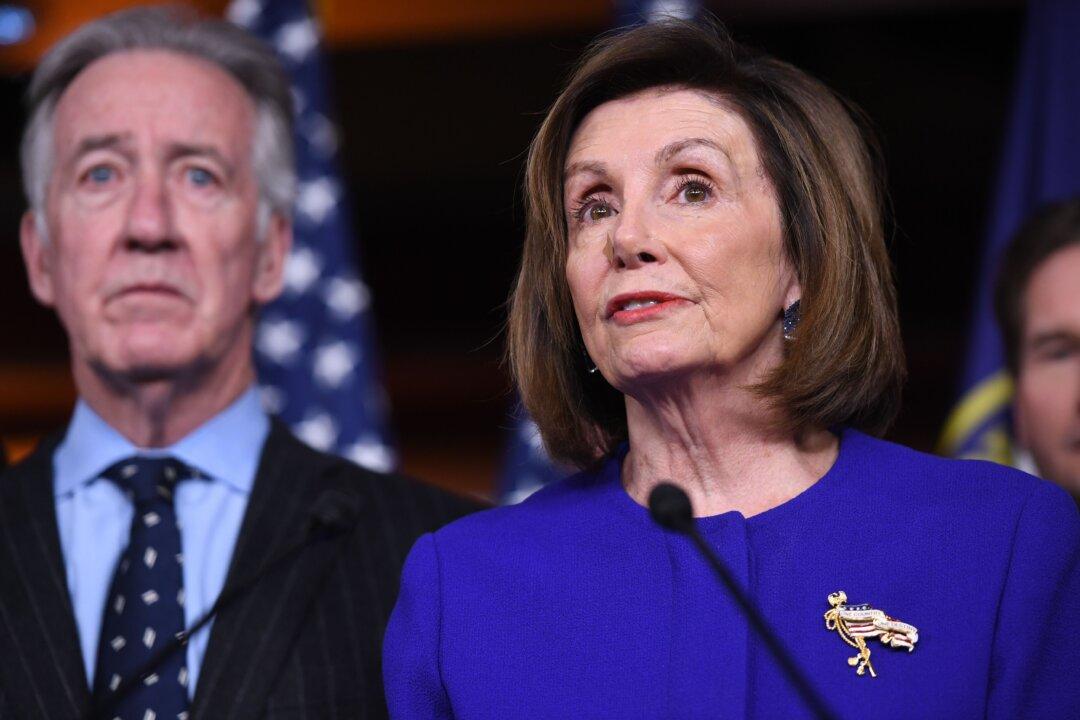WASHINGTON—After months of negotiations between the Trump administration and House Democrats, Congress will move forward with ratifying the new trade agreement with Canada and Mexico that will supplant the North American Free Trade Agreement (NAFTA).
House Speaker Nancy Pelosi (D-Calif.) announced on Dec. 10 that both sides ironed out their differences on the agreement, paving the way for a House vote as soon as next week.





